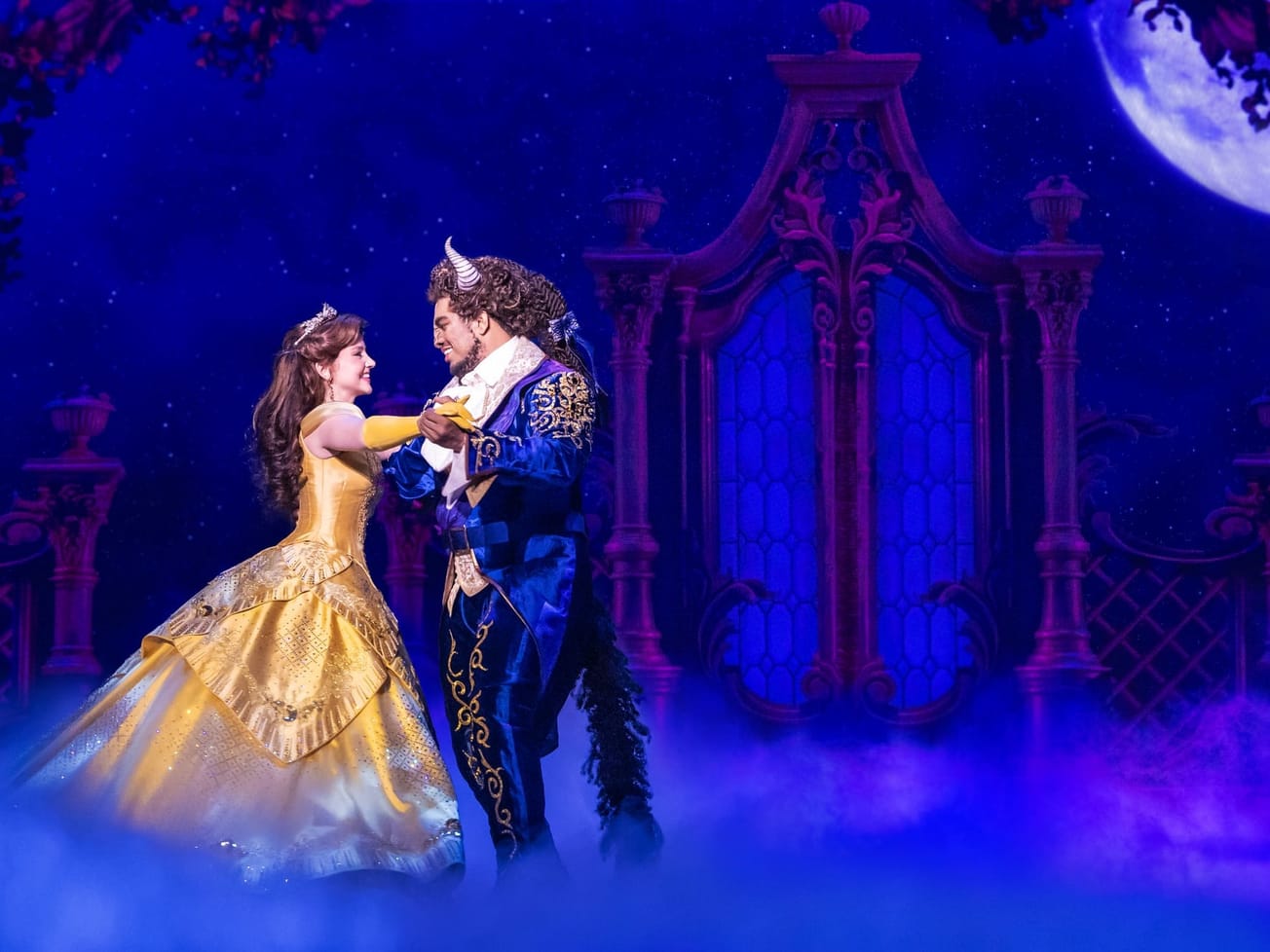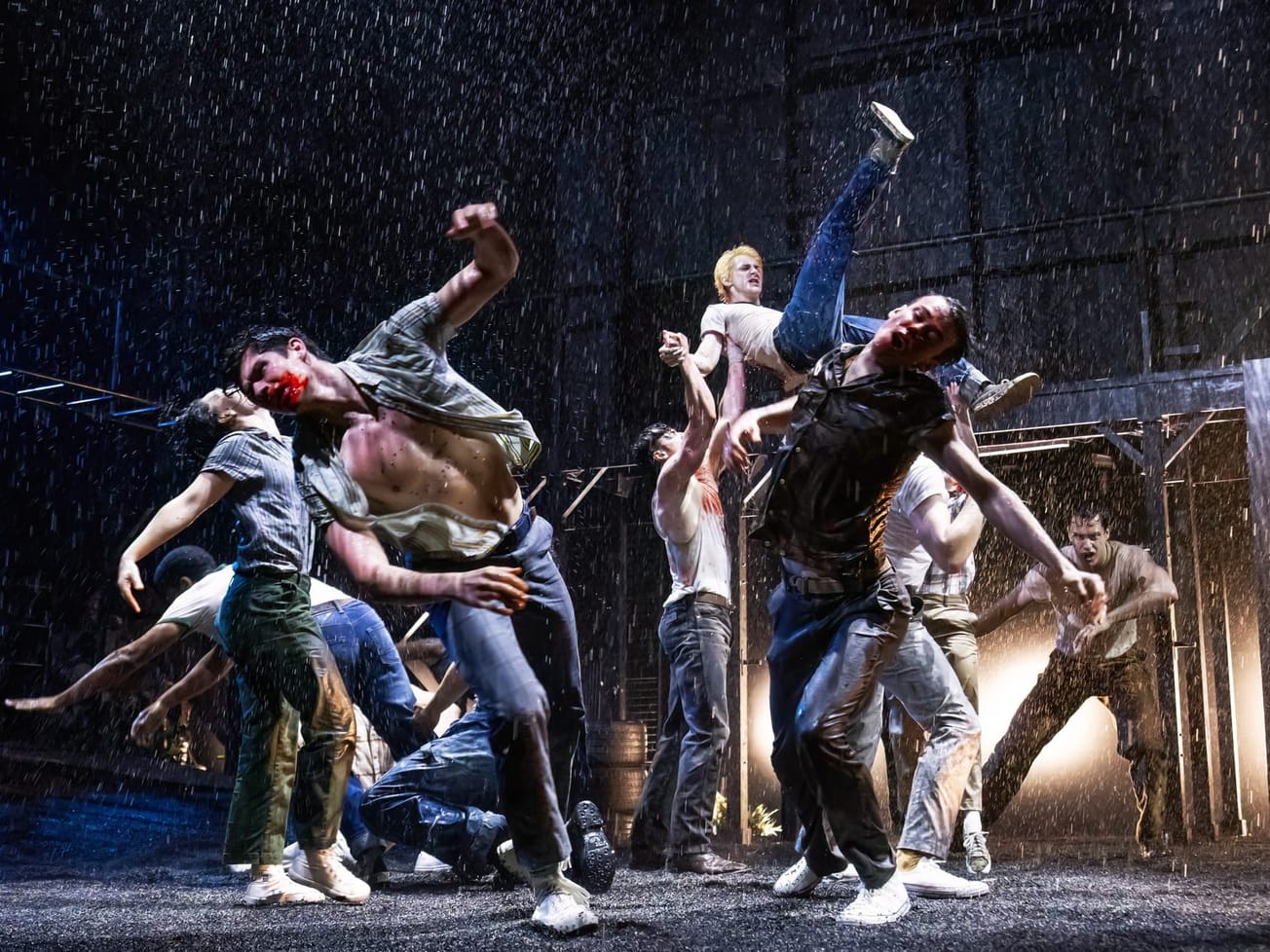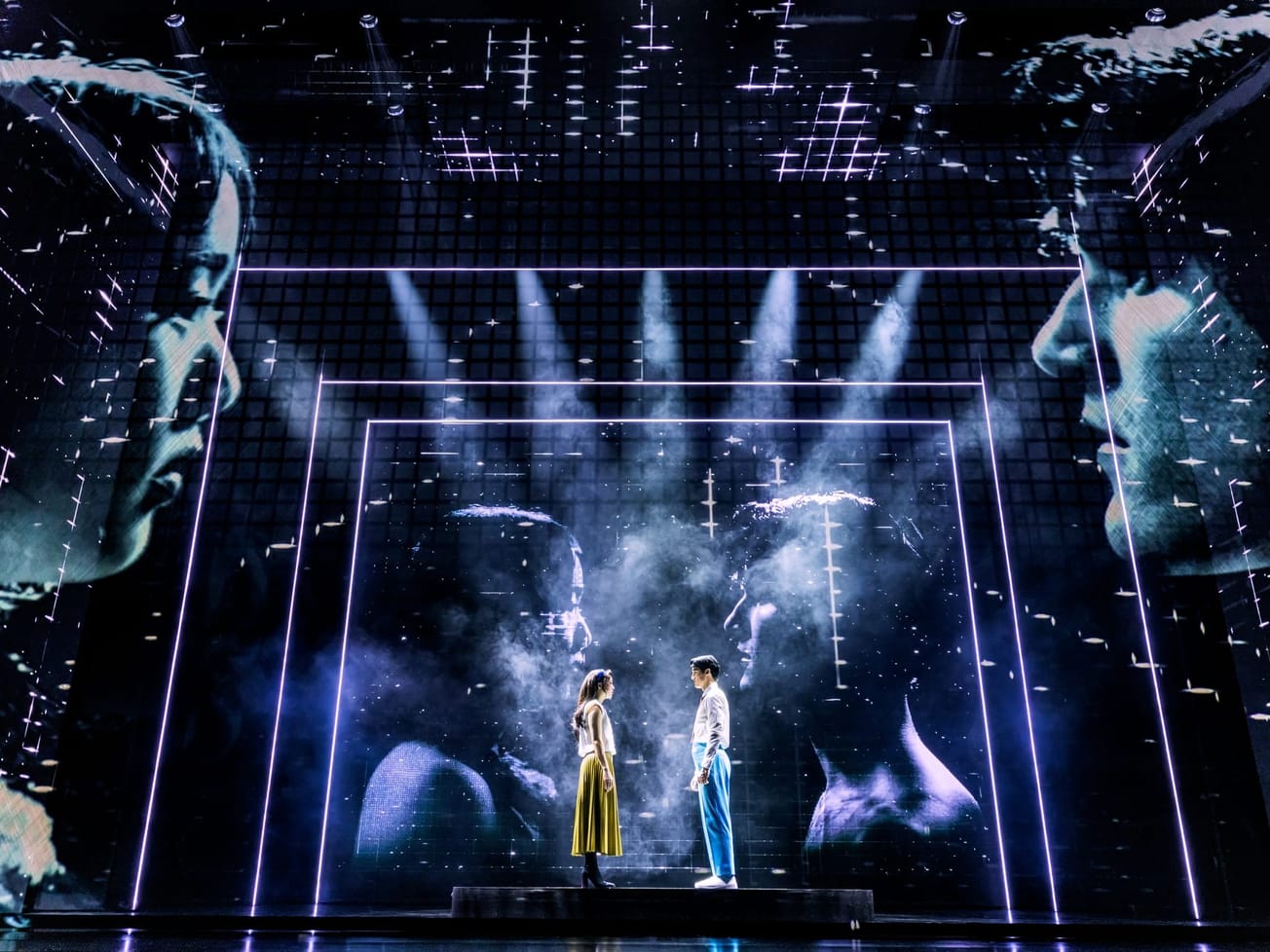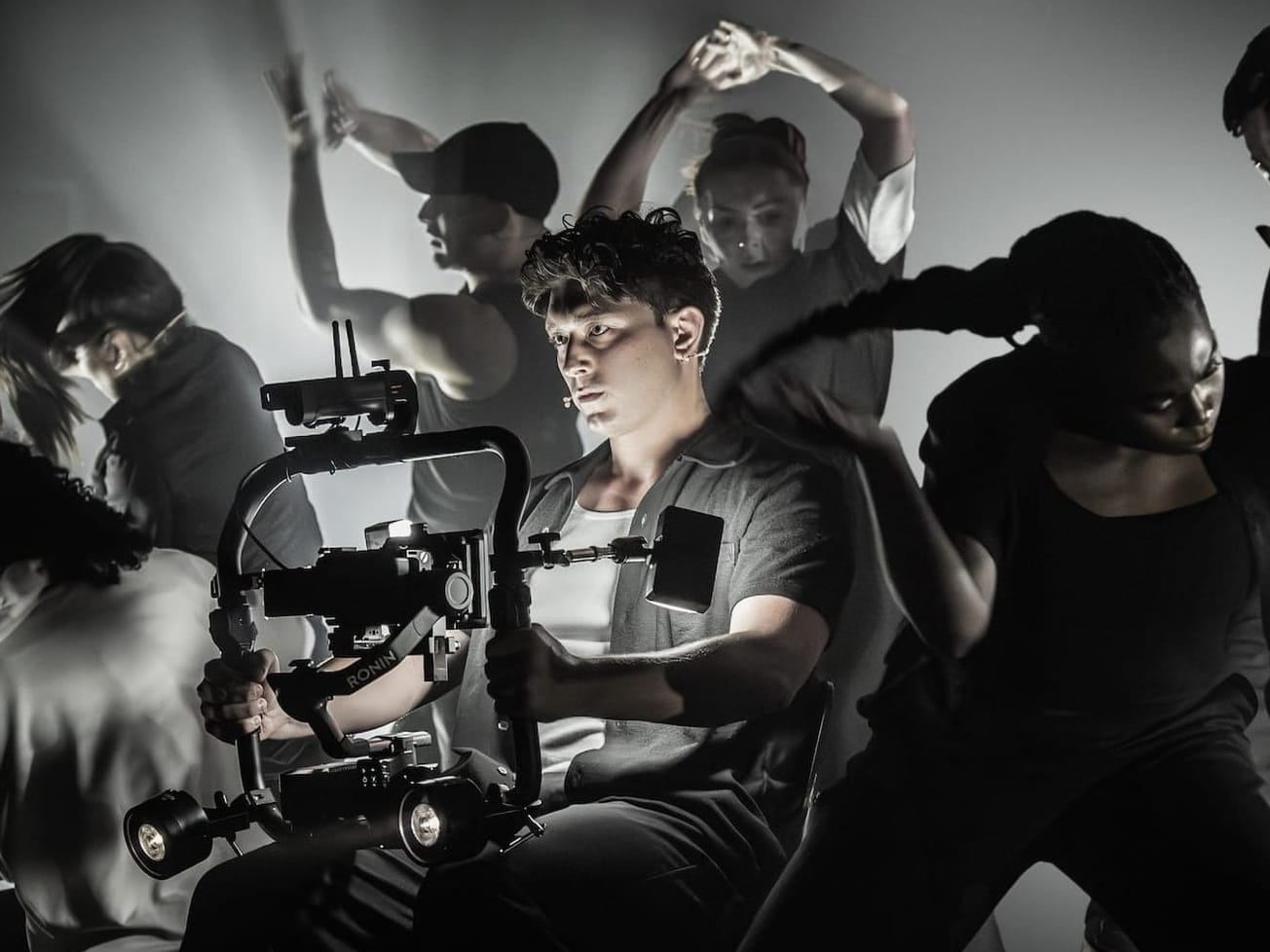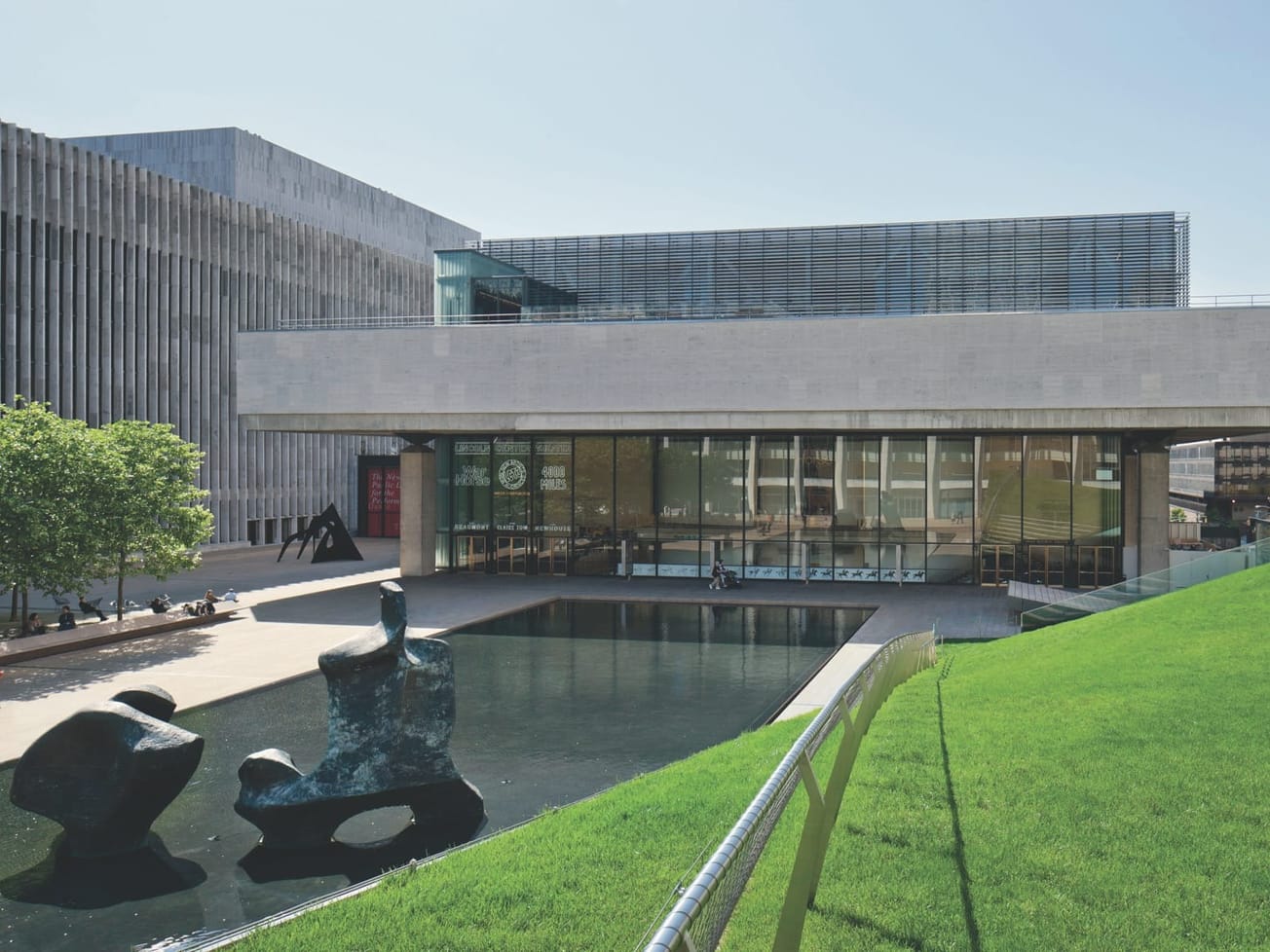In recent years, “influencer” has transformed from a status label to a profession in its own right. From beauty and travel to healthcare and entertainment, industries now rely on influencers to drive business. Influencers have the ability to sway potential buyers toward purchasing a product or service. When social media influencers entered the picture — after the 2010 launch of Instagram, and even more so after the 2016 debut of TikTok — they began to replace what had become traditional celebrity partnerships: Britney Spears in a Pepsi ad, Oprah Winfrey in a Weight Watchers confessional, Betty White in a Snickers commercial. Instead, brands started setting aside traditional ad dollars to pay influencers. This has given birth to a new subdivision of advertising: influencer marketing.
Among adults who use social media, 53 percent reported purchasing a product after an influencer they follow posted about it. According to Influencer Marketing Hub’s recent Benchmark Report, influencer marketing — which was valued at $1.7 billion in 2016 — is expected to become a 21.1 billion dollar industry by the end of 2023.
For years, Broadway marketing efforts consisted of Times Square billboards, direct-mail flyers and traditional TV and radio commercials — many of which featured patrons in candid post-show interviews outside theaters. Now, with the expansion of social media and its seemingly infinite reach, some Broadway productions have begun to rely on influencers to usher in new audiences.



















































